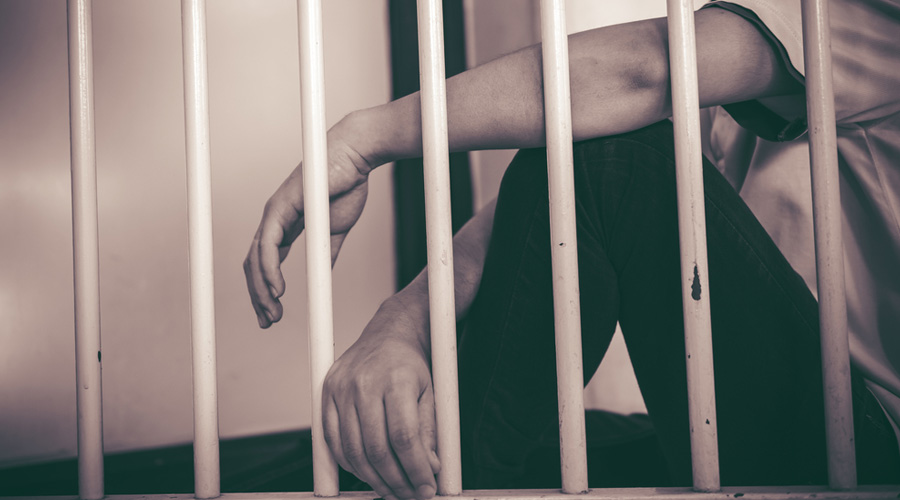Days after the Indian president, Droupadi Murmu, highlighted the plight of poor and tribal undertrials languishing in jails for petty crimes despite getting bail, the Supreme Court has sought details of such prisoners for formulating a national scheme for their release. This is timely. It has been estimated that 76% of all prisoners in India — 371,848 in absolute numbers — are undertrials. Over half of this constituency are Muslims, Dalits or tribals. These shocking numbers are in spite of the fact that the Supreme Court has time and again reiterated that bail — not jail — should be the norm. Hearteningly, the highest court continues to strive. Recently, the Chief Justice of India, who has said that the focus of his term would be ensuring personal liberties, directed all judges to hear 10 transfer petitions and 10 bail petitions at every sitting. This could go a long way in reducing the burden of undertrials. Pendency is a challenge but even bail does not always ensure freedom as Ms Murmu highlighted. For instance, prison authorities insist on getting the ‘authentic’ hard copy of the bail order before releasing undertrials. The former CJI, N.V. Ramana, had proposed a system where bail orders would get electronically transmitted to the jail authorities instantly to speed up the release process. All states are yet to respond to the court with the status of internet connectivity in prisons to implement this system.
There are other — entirely avoidable — delays: the government often files pleas against bail orders to slow things down. Data also show that a rise in arrests since 2015 — one year after the ascension of the Narendra Modi government — has driven up the numbers of undertrial prisoners year-on-year. This inevitably raises questions about the State’s commitment to the cause of liberty. That undertrial prisoners remain incarcerated for longer than they would have been if found guilty on account of prejudicial institutions is deeply unjust. Many of these prisoners are poor and unable to access timely legal help. Expanding the scope of free legal aid should be pursued. However, not much is likely to change unless political will coalesces with public pressure to bring justice to those who have been deprived of it.










